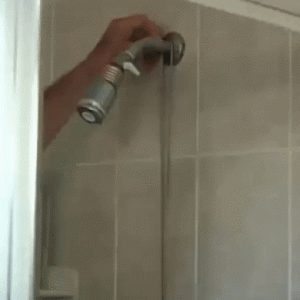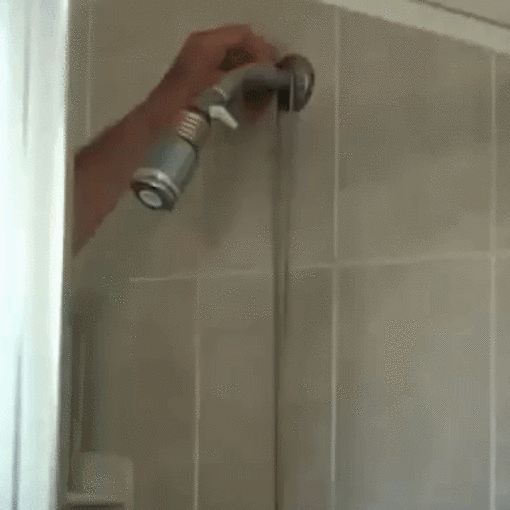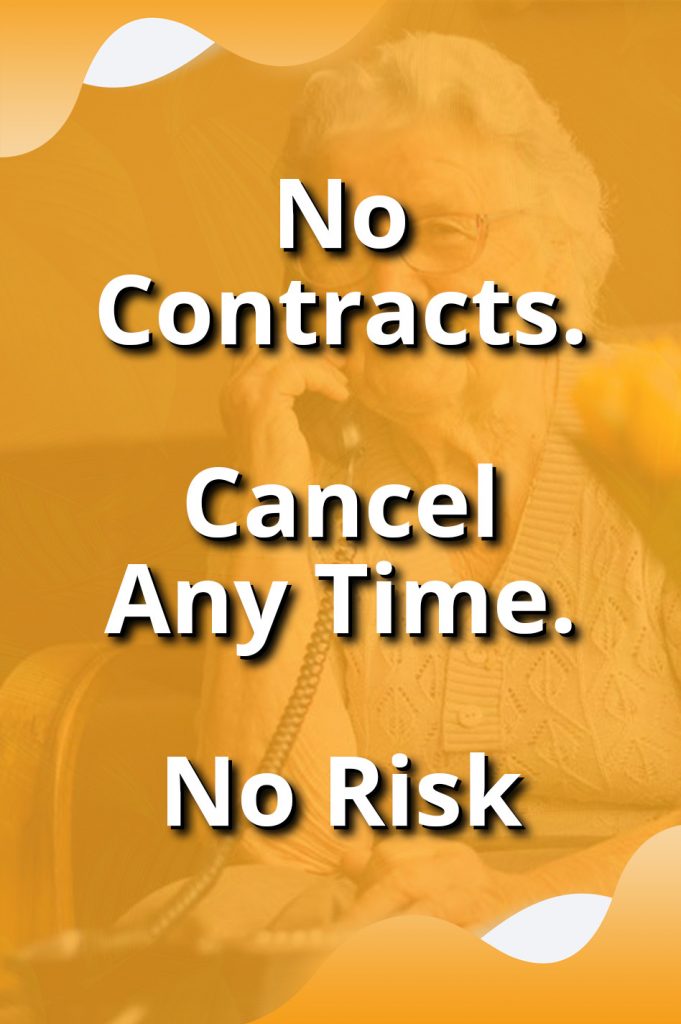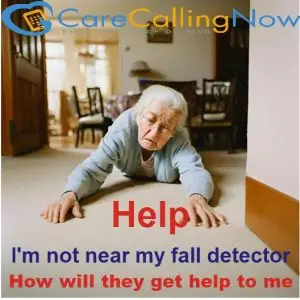What Questions to Ask When Buying a Medical Alert System
When searching for a medical alert system, it’s important to ask some key questions about the company, equipment and pricing terms before you make a decision to purchase. In some cases, not asking the right questions could result in being locked in to a long term contract that is difficult to get out of or ending up with equipment that is outdated and useless in your home. What questions to ask when buying a medical alert system
We receive a ton of feedback from consumers about the potential pitfalls of not asking the right questions, as well as the very positive life-saving aspects of choosing the right company. We continue to add to the list of questions you need to ask before purchasing a medical alert system.
10 Questions to Ask When Buying a Medical Alert System
-
Does your medical alert system require a land-line?
Originally IN-HOME medical alert systems are built with a land-line in mind. They connect directly to the phone jack, and they make a phone call on your behalf (if the emergency button is pressed). If you don’t have a land-line to connect your base station, many companies now have a cellular-enabled base station. This provides direct connectivity from the base station to the call center. Your pendant button will still have a tethered range of 600-1200 feet (radius) from the base station.
With the invention of smart watches and mobile phones connectivity has improved event more.
-
What is the range of the IN-HOME medical alert system?
If you have a typical IN-HOME medical alert system, your emergency pendant button will be wirelessly connected to the base station (in order to alert the call center in case of emergency). The maximum distance between your pendant button and the base station is what we refer to as “range”. This range is usually discussed in terms of radius around the base station unit. The typical distances start at 600 feet (from the base unit) and some of the more robust units can accommodate up to 1,200 feet for larger homes or apartments.
CareCallingNows daily safety and wellness check-in can be answered anywhere there is a mobile/cell service so there’s nothing to wear.
No expensive equipment to purchase. Nothing to wear. No contracts. Cancel anytime.
Want to know more about our service
Click to Find out more NOW
-
What about cellular medical alert systems, are those an option?
Yes they are a great option. For the more mobile and/or able bodied. Typically, cellular enabled medical alert systems have no range issues (as long as you have cellular service).
The cellular medical alert systems are available from most providers. But understand that they do cost a bit more per month. You can take these devices with you to the mall, the gym, or anywhere you wish.
-
Who installs the medical alert system?
This is pretty self-explanatory but let me impart a few pieces of wisdom. Generally, these are pretty easy to set-up. We’ve set up a dozen or so units that we’ve tried/reviewed over the years, so they’re not too complex. IF you’re buying from a local dealer (philips lifeline has local dealers in markets around the country) they will set these units up for you. Usually however, the consumer will set the unit up and test it prior to using.
CareCallingNow daily safety and wellness check-in service
NOTHING TO setup cost. NO contract. NO equipment maintenance,. Cancel anytime.
-
Where is the call center located, and what are typical response times?
There are a few companies that have US based call centers, and we think that’s great if you can get it. However, some companies do outsource these types of services. What it really comes down to is the training of the call center staff. If the provider is worth their salt, they will have invested heavily in both customer service employees and call center staff. (More reason NOT to sign long-term contracts with medical alert system providers. IF you get a bad one, you’ll want to leave… asap!)
-
Is the medical alert system waterproof?
Mostly all of the medical alert systems on the market are at the very least waterproof. Not waterproof then they are water resistant. This has been one of our major complaints about these little devices (pendant buttons). Bathrooms are a major source of emergencies/falls for older adults, and they should be worn while getting in and out of the tub/shower. Unfortunately, many are not meant to be submerged, so you’ll want to verify whether you can wear it while showering and/or bathing.
Here on that was claimed to be waterproof and look where this guy is putting it for safekeeping

“CareCallingNow daily service is provided by automated phone service and there is nothing to wear! If your phone goes unanswered then your nominated family circle is notified to check-in to make sure you are OKAY “
-
Do you sell a device with “fall detection”?
Fall detection notifies the call center automatically if it detects that the user has fallen. These pendant buttons contain an accelerometer just like your smartphone does. They send a signal based on a programmed algorithm that indicates whether a fall has occurred or not. It sounds great, and certainly has some benefits, but it’s not perfect. You can read all sorts of stories about fall detection devices that don’t detect falls consistently OR those that signal false positives (falls) too often. It’s up to you whether you or your loved one require this feature, but just know it will be more expensive, and won’t be perfect.
-
What if I no longer require a medical alert system? What is the return policy?
Here’s where it gets tricky… The “less reputable” medical alert companies will lock you into a long-term (binding) agreement that forces you to pay through the end of your “term”. The companies that we most often recommend all encourage the consumer to opt for monthly or quarterly terms. This reduces the likelihood of being denied a big refund. Most of the reputable companies allow you to return the equipment and discontinue the service without hassle. (IF they don’t, we intervene and/or will drop them from our recommended list).
Most of the complaints you’ll see on The Senior List or on other sites concern the PRODUCT RETURN ISSUE. No matter who you decide to do business with. Make sure you’re not getting locked into a long-term-agreement. Check that you can terminate at the time of your choosing. Ask to review the provider’s Terms & Conditions document BEFORE you purchase your medical alert system… It’s always best to read the “fine print” no matter how painful it is.
CareCallingNow daily safety and wellness check-in service
NOTHING TO setup cost. NO contract. NO equipment maintenance,. Cancel anytime.
-
How much does the medical alert system cost?
For the full post The Senior List
Medical Alert systems cost varies depending on level of service
Medical alerts systems are fine they have been a great help over the years. Sometimes found wanting where users don’t wear them all the time. For example: When they sleep. Go to the toilet at nite. When they fall and are too disoriented to press the button. The alert button lodges where they can’t access it. So for the best of both worlds
This leaves these people vulnerable and some sort daily care call system such as carecallingnow to learn more https://carecallingnow.com/offer/ I believe would help complete the care and safety of these people for just $1 dollar per day”
To sign-up now click on the button below
Mum may have fallen already!
What are the questions to ask when buying a medical alert system? https://carecallingnow.com/questions-to-ask-when-buying-a-medical-alert-system/ – If you’re searching for What are the questions to ask when buying a medical alert system? then should have read learn everything you need to know about What are the questions to ask when buying a medical alert system?






